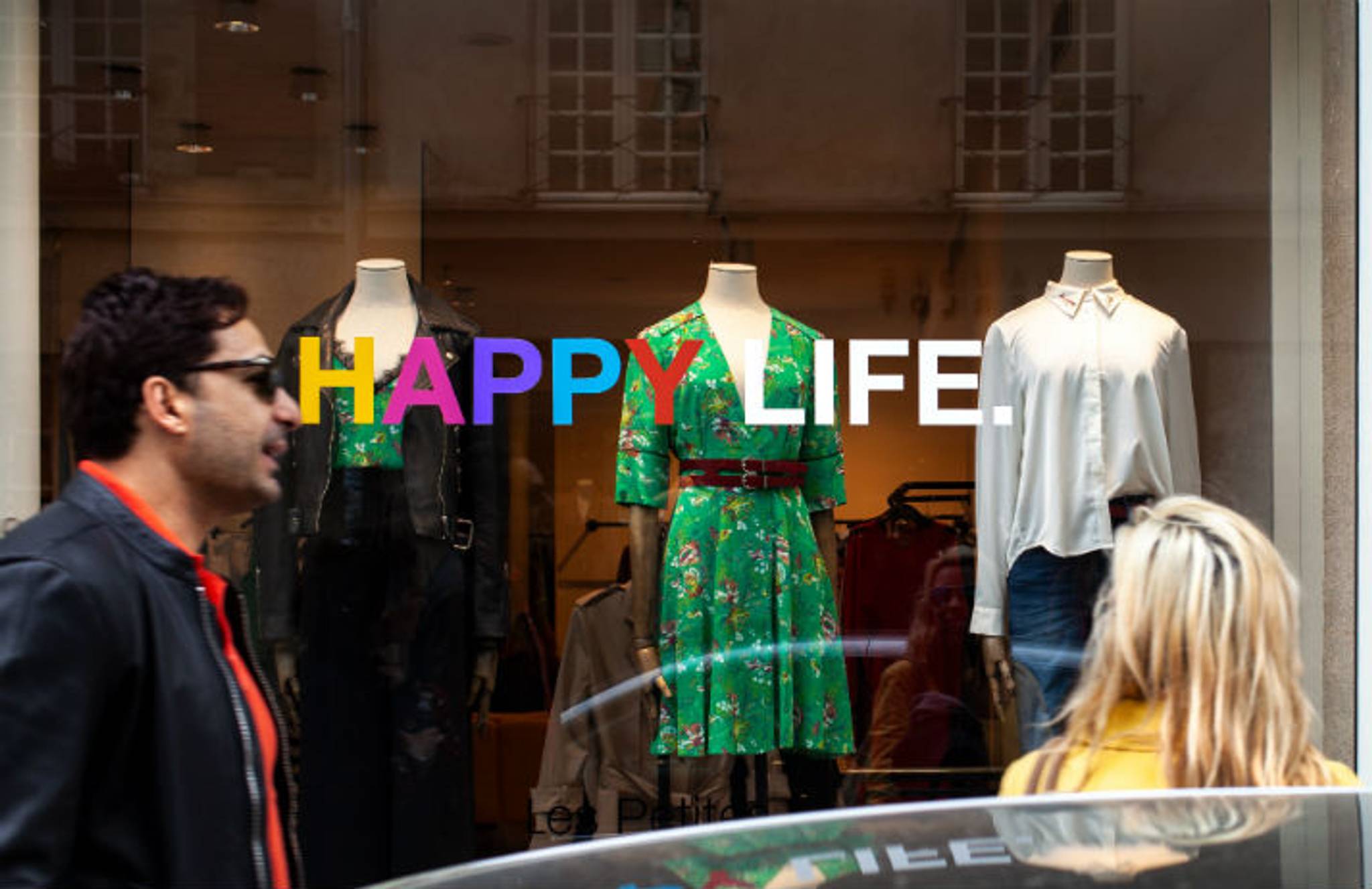
It used to be the case that business and politics never mixed. But in an era where brands are increasingly being held accountable for their actions, people have come to expect them to take a political stance when it comes to social and ethical issues. We explore the insights behind this and why people are shifting their perceptions of brands that exhibit their values.
A Harvard Business Review study investigated the link between people’s personal political views and the perception they have of brands. The participants, who were either Democrats, Independents, or Republicans, were each asked their opinion about a fictitious food outlet, Jones Corps, after learning about its basic policies. Then the researchers told half the group that Jones Corps had very conservative values, and the other half that it was very liberal, and asked them to evaluate the company again based on this info. They were also asked whether they felt these ideologies were genuine or a marketing ploy. Overall, liberal activities were viewed as neither good nor bad by all groups, and the company’s political beliefs were considered to be both genuinely held and designed to build loyalty.
The study uncovered a somewhat surprising lack of cynicism among consumers – while separate research has found that 29% of Americans think businesses support social movements to earn money, the HBR study suggests this isn’t such a bad thing. “The previously held taboo of crossing commercialism with politics may be well gone,” reads the study. Indeed, with brands such as Nike – which doesn’t shy away from political messaging – proving popular, corporate advocacy has come to be expected from consumers and may not be as damaging as previously thought. There was one exception, however: the study found that women react more negatively to political activity from brands than men. As such, brands catering to women would do well to tread carefully when it comes to advocacy.
With recent research uncovering how having a viewpoint is pleasurable, it is little surprise that people see the politicization of brands as normal. People’s day-to-day opinions on everything from adverts to each other can affirm identity, adding to their sense of pleasure as they learn more about themselves. Yet people are also wary of brands that disingenuously show off their values to gain political brownie points. With 83% of people feeling misled by green and sustainable buzzwords in retail advertising, brands must be sure that they can follow through with their political stances in every area of company policy.
Charlotte Brohier is a behavioural analyst at Canvas8. With a background in brand strategy and journalism, she has written for The Times, Refinery29, and the Just Opened Group. Passionate about art history and anthropology, in her spare time she can be found gallery-hopping, perusing vintage markets, or having tea parties on Hampstead Heath.



